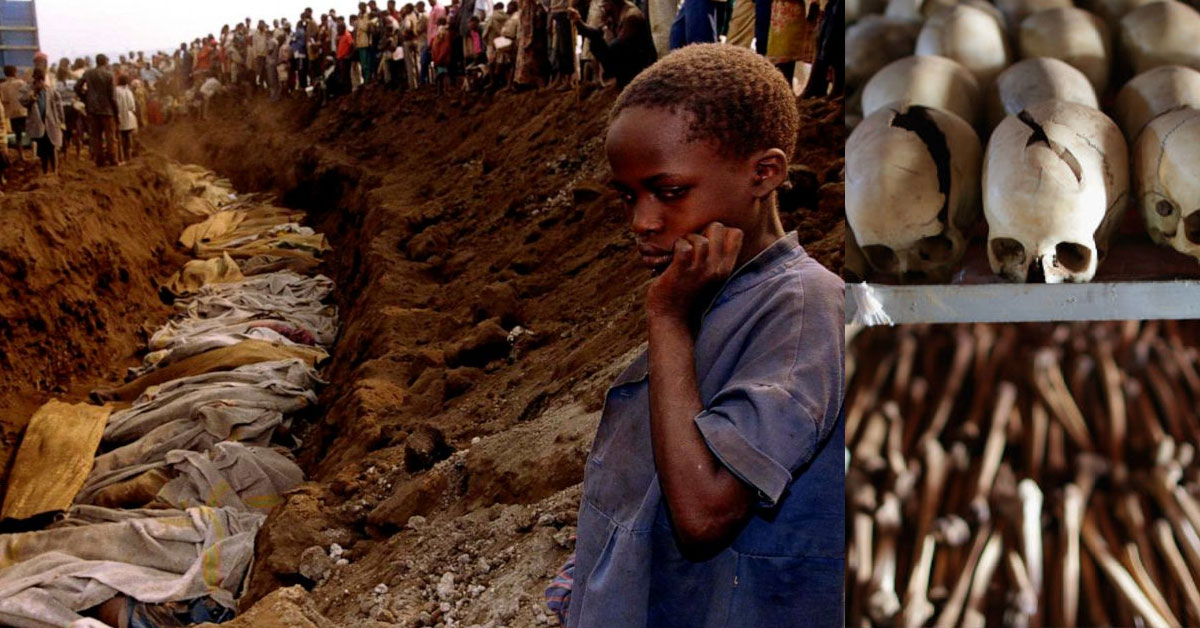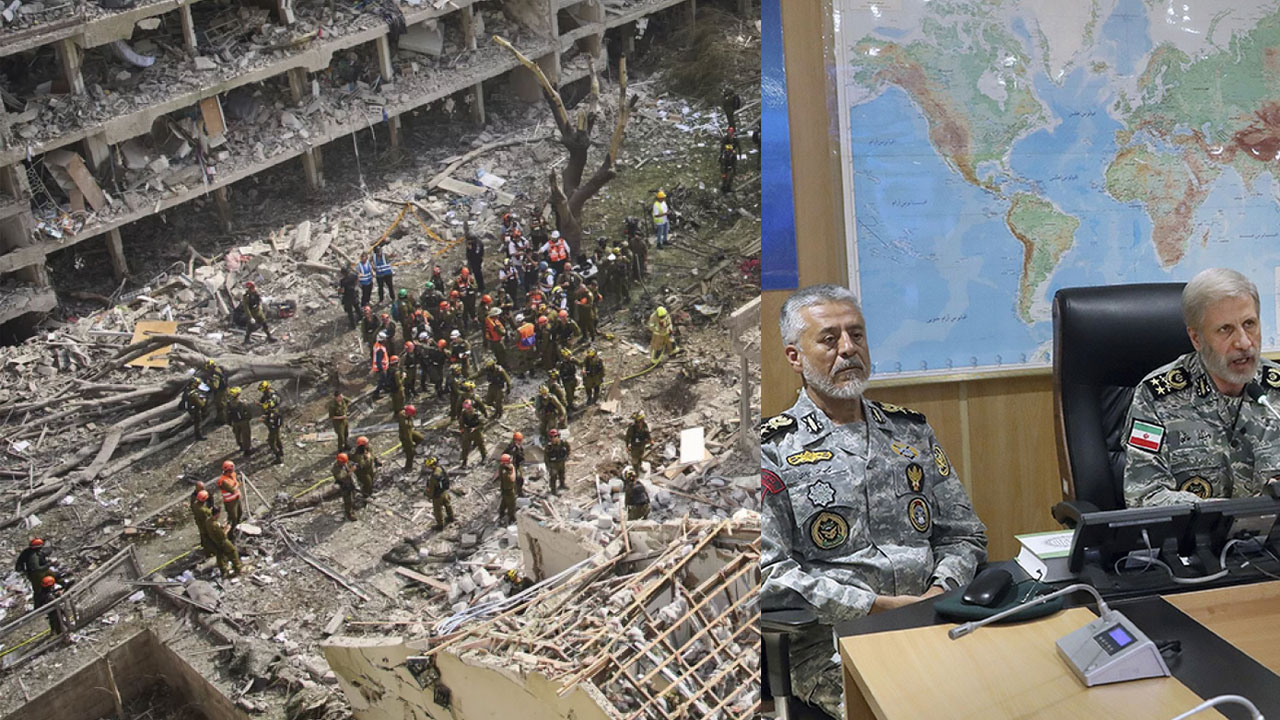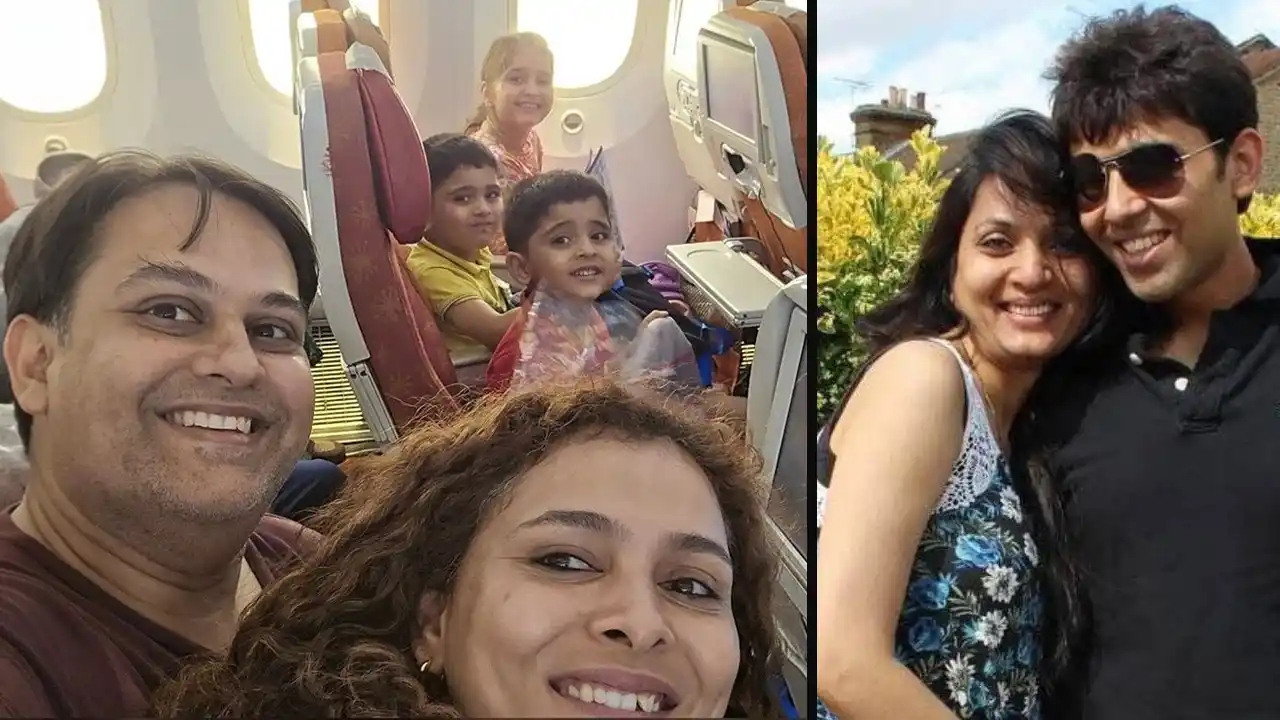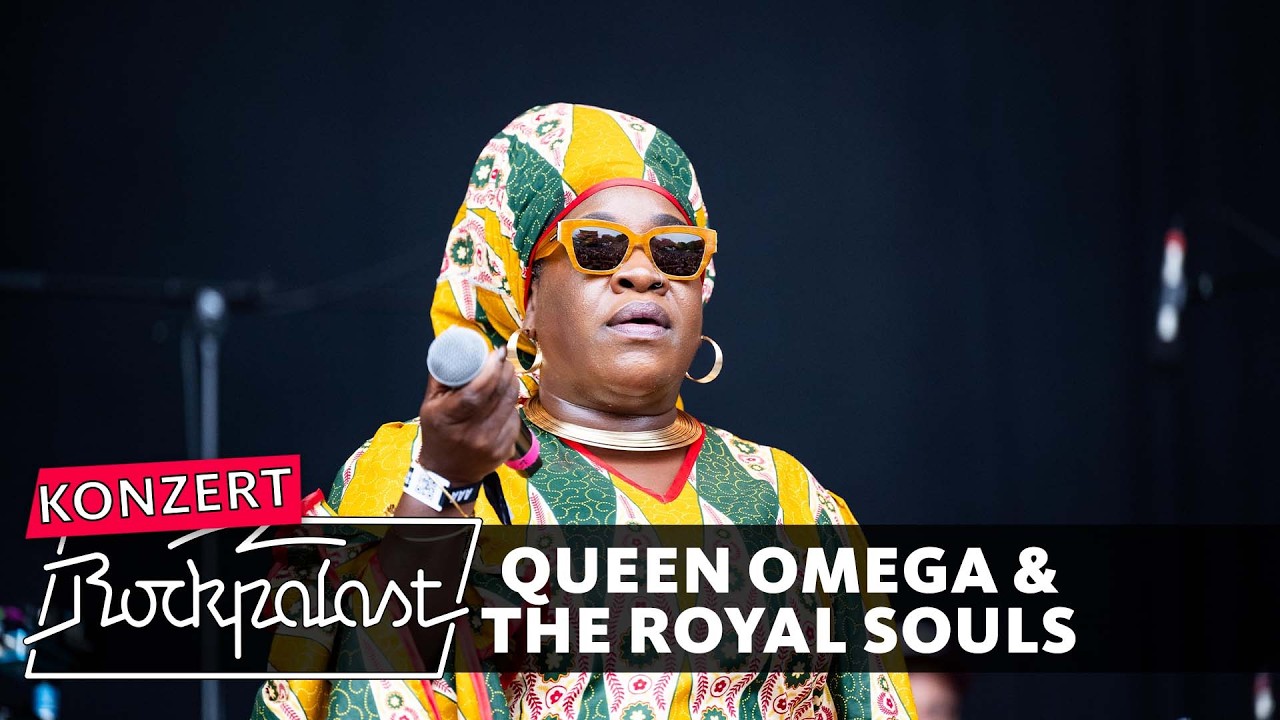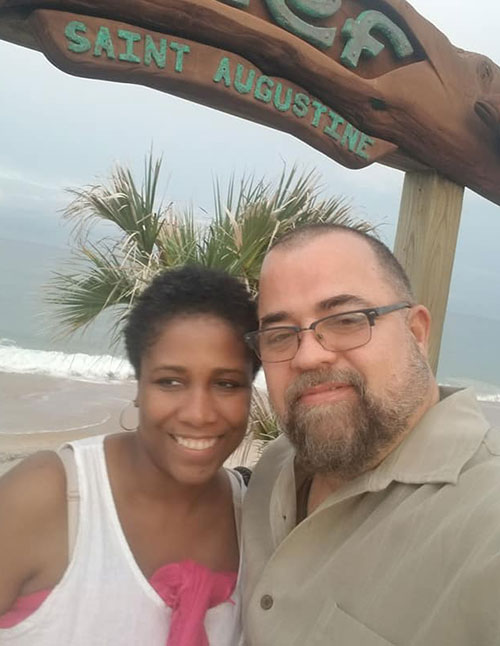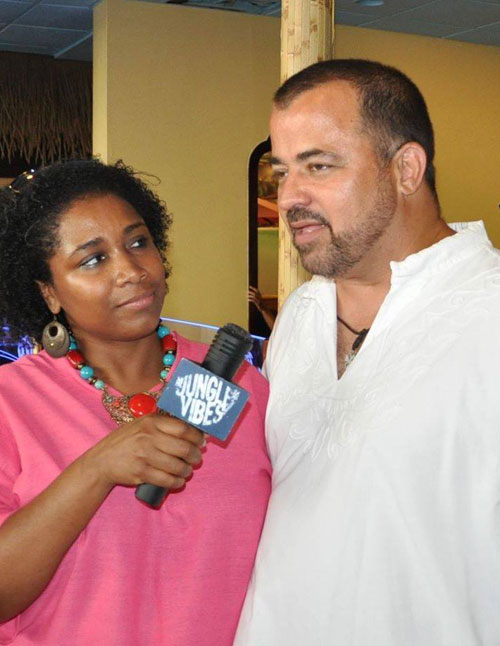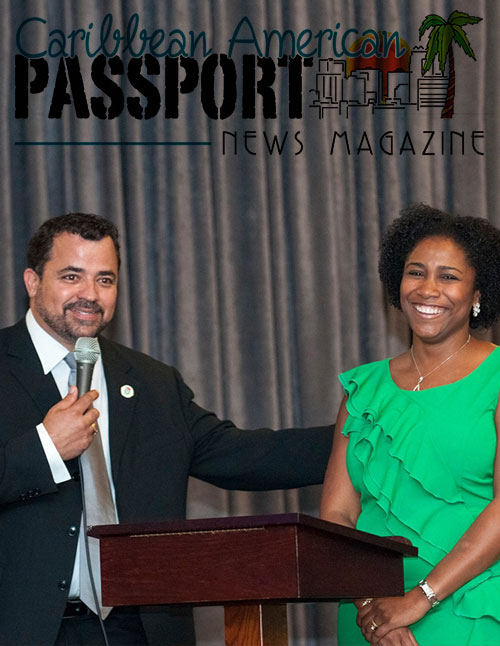Honoring the Lost, Learning from the Past April 6 1994 - July 15 1994 over 800,000 Tutsies killed by Hutu tribe
In the annals of human history, certain events serve as painful reminders of our capacity for cruelty and our failure to prevent catastrophic violence. Among these, the Rwanda Genocide stands as a harrowing testament to the horrors of ethnic hatred and the devastating consequences of international inaction.
Shop
Twenty-five years have passed since the genocide that claimed the lives of nearly one million Rwandans, predominantly from the Tutsi ethnic group, within a span of just 100 days. As we remember this dark chapter, it is essential not only to honor the memory of the victims but also to reflect on the lessons it teaches us about the importance of vigilance against prejudice and the imperative of humanitarian intervention.
The roots of the Rwanda Genocide can be traced back to a complex history of ethnic tension between the Hutu majority and the Tutsi minority, exacerbated by colonial legacies and political manipulation. On April 6, 1994, when a plane carrying Rwandan President Juvénal Habyarimana was shot down, it served as the spark that ignited a meticulously planned campaign of violence. Militias, armed with machetes and guns, unleashed a wave of terror, targeting Tutsis and moderate Hutus perceived as sympathizers.
What followed was a descent into hell on earth, as neighbors turned against neighbors, and the streets ran red with blood. Families were torn apart, and communities were shattered as the international community stood by, paralyzed by indecision and geopolitical interests. Despite mounting evidence of genocide, the United Nations and major world powers failed to intervene decisively, leaving Rwandans to face the horror alone.
The aftermath of the genocide left Rwanda scarred and traumatized, with deep wounds that would take generations to heal. Yet, amidst the devastation, there emerged stories of resilience and courage. Survivors, who had witnessed unimaginable atrocities, found the strength to rebuild their lives and their nation. Rwandan society embarked on a painful journey of reconciliation, guided by the principles of justice and forgiveness.
Today, Rwanda stands as a testament to the power of human resilience and the possibility of reconciliation. Through a combination of national reforms and international assistance, the country has made remarkable strides in economic development, social cohesion, and political stability. Memorials such as the Kigali Genocide Memorial serve as solemn reminders of the past while fostering a culture of remembrance and education for future generations.
However, the legacy of the Rwanda Genocide extends far beyond the borders of one nation. It serves as a stark warning against the dangers of ethnic hatred, the consequences of indifference, and the limits of international humanitarianism. The failure to prevent or adequately respond to the genocide laid bare the inadequacies of the international community in confronting such atrocities.
As we remember the victims of the Rwanda Genocide, we must also renew our commitment to the principles of human rights, justice, and solidarity. We cannot undo the horrors of the past, but we can strive to create a world where such atrocities are never repeated. This requires not only remembering the past but also actively working to prevent similar tragedies in the future.
In honoring the memory of those who perished, let us pledge to be vigilant against hatred and intolerance, to speak out against injustice wherever it may arise, and to stand in solidarity with those who are persecuted. Only by confronting the darkest chapters of our history can we hope to build a future founded on peace, understanding, and respect for all humanity.

